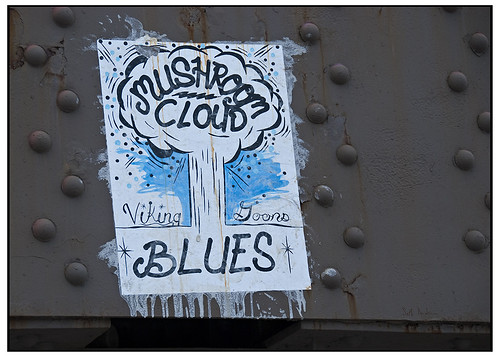Ever wondered what a nuclear strike would do to the environment?
The detonation of 100 15-kiloton nuclear weapons in Indian and Pakistani megacities would create urban firestorms that would loft 5 million tons of thick, black smoke above cloud level. (This smoke would engulf the entire planet within 10 days.)
Because the smoke couldn’t be rained out, it would remain in the stratosphere for at least a decade and have profoundly disruptive effects. Specifically, the smoke layer would block sunlight, heat the upper atmosphere, and cause massive destruction of protective stratospheric ozone.
A 2008 study PDF calculated ozone losses (after the described conflict) of 25-45 percent above mid-latitudes and 50-70 percent above northern high latitudes persisting for five years, with substantial losses continuing for another five years. Such severe ozone depletion would allow intense levels of harmful ultraviolet light to reach Earth’s surface–even with the stratospheric smoke layer in place.
Beneath the smoke, the loss of warming sunlight would produce average surface temperatures colder than any experienced in the last 1,000 years. There would be a corresponding shortening of growing seasons by up to 30 days and significant reductions in average rainfall in many areas, with a 40-percent decrease of precipitation in the Asian monsoon region.
Basically, the Earth’s surface would become cold, dark, and dry.
Via @jduncanMACD – the UK’s tweeting Ambassador for Multilateral Arms Control and Disarmament.





